There’s a saying from Goethe that’s a few hundred years old: “Haste not! Rest not!” It’s a motto that seems to have faded over time, particularly in our culture, and we’ve definitely lost the first part. We’re filled with haste, and it’s taken over our lives. At least, most of our lives.

There are a few people, like fly-fishing guide Dan Towsley, who seems to have this balance figured out a bit. As a guide during the summer and ranch manager during the winter in Wyoming’s remote Bighorn Mountains, he has plenty of time to himself. He’s busy guiding anglers during the summer, and things slow down into solitude during the winter. There’s time to hunt, work, fish, take photos, and write a little bit as well. We talked to him during the slow season when snow still covers the landscape and fishing season hasn’t started to heat up:
“Some people refer to it as The Shining [laughs]. It is what you make of it. We're all pretty good by ourselves. We’ve stayed very busy. I love snowshoeing, and I'll do some skiing. I do a lot of bird hunting in the winter to get off property and have some fun in the snow. It can definitely get very lonely and weird up here, but I love it,” Dan told us.
In our conversation, we had the chance to talk with Dan about his lifestyle, the challenges and opportunities it presents, and how he found his way into the mountains from the prairies of Kansas. It’s not a life we can all follow, but maybe we can learn a thing or two from his mindset.
__
Moonshine: You’re at the ranch, currently?
Dan Towsley: Right now, I'm the only one up here. The other two, they're actually on vacation, but there are usually three of us who stay up here. I feed the horses in the morning and make sure they have water. I also manage the office here—booking visitors and guests during the summer and fall. In the afternoon, I’m just answering emails, phone calls, and then I'll go check on the horses again in the afternoon. It’s a little different than my summer job, but it pays the bills.
Is it pretty peaceful there in the winters?
Very, very, very much so. We're up at 8,000 feet and the road that comes into the ranch is a three-mile drive from the main highway going to the mountain. During the off-season, there are no wheeled vehicles allowed. We take snowmobiles up here or we have a Can-Am with tracks that are super nice. It's enclosed and heated, so that makes the drives a little more fun.

You’d better like your co-workers in that environment.
Oh yeah. Some people refer to it as The Shining [laughs]. It is what you make of it. We're all pretty good by ourselves. We’ve stayed very busy. I love snowshoeing, and I'll do some skiing. I do a lot of bird hunting in the winter to get off property and have some fun in the snow. It can definitely get very lonely and weird up here, but I love it. It's pretty awesome. And that's what makes guiding in the summer so much fun—I'm alone for seven months, and then finally, it's four months of people, people, people 12 hours a day. It's a good, happy medium for the year.
How do writing and photography work their way into your lifestyle?
I’d say both of them started as, and still are hobbies. It's a side gig that I would love to go full time with, and maybe still do some guiding on the side. I got a camera when I was really small, and always just loved taking pictures. In college, I finally got my first DSLR. During those summers, I started working at a guest ranch in Colorado, and that's where fly fishing and photography really took off. That was eight years ago.
And the writing aspect was almost as random. I hated writing in college. But, I was on a huge solo adventure after a season out here in Wyoming; I took a month off, fished Yellowstone, The Tetons, down to the Wind River Range, down to Utah, and over to Colorado. When I was in Southwest Wyoming, the founder of Flylords, Jared Zissu, hit me up and he said, "Hey, let's get something going for an article." And being out there for a month, I lived out of my car, and the creative juices really got flowing when you have no internet. That was the beginning of writing. After that, it just stuck. t's more of that fun hobby. I don't like being pressured into anything, but I do like having a deadline.

The photography and writing just fell together. I wrote for that article y’all, which was great. I said, "Hey, we're doing this awesome trip. We're going to go fish the Relic Cutthroat Slam of Wyoming," which to my knowledge, nobody's done. We targeted these species that have never been seen by anybody. We went with my buddy who's an archeologist. Did a bunch of research on that. Y’all sent us three rods, and away we went for that. It was a blast. It was so much fun.
We caught all of our species of cutthroat: the Bonneville, Snake River, Yellowstone, and Colorado River cutthroats. We camped all four days, and it was just three dudes. I think the article turned out cool—it’s being published on Guidefitter.
Let’s backtrack a bit. Being from Kansas, how did you initially get into fly fishing?
As a Midwesterner does, you grow up crappie fishing, bluegill fishing, and bass fishing. When I graduated high school, my aunt and uncle took me on a trip to Yellowstone and got me a guided fishing trip to West Yellowstone. I loved it. And then going into college, I forgot about it. I fished collegiately at Kansas State University on the bass fishing team there, but I had no real thoughts of my profession being a fly fishing guide. Then, I got a job out in Colorado as a ranch hand. I’d fish with the guides after work, and that's where I decided that I love fly fishing.
As a ranch hand, all I did was fix the fence and split wood all day, seven days a week. Some weeks I'd work 80, 90 hours a week and it was just brutal. One of the guys I worked with, he’d been in Colorado all his life, guiding for elk and fly fishing for 40 years. I became really good friends with him, working together every day. He took me under his wing. He really knew everything. It's nice going with really experienced guides who have the patience just to take out a greenhorn like myself.
And then, and that rolled into that next summer, and I really want to pursue the fly fishing profession. I found another job at a guest ranch in Steamboat Springs, and I worked as a fishing guide and a ranch hand there for two years. Everyone I worked with was very experienced and professional, and you just work and learn. And now, I've been guiding for eight years. At this point, it's more about just getting outside to discover new places, whether it’s catching a ton of fish or doing something more unique that I haven't done, like the Relic Cutthroat Slam.
How do you think your progression as an angler has been different from someone who just gets to go on a few trips a year?
I would say it's definitely more relaxing, just because I've been in so many situations while I'm guiding. I know what to expect for a trip, what to expect with specific people. It’s a good question. I just love teaching people. I get satisfaction from seeing somebody catch their first fish. For me, it's visualizing how I'm going to catch that fish while I'm guiding them.
I’m pretty talkative while they're fishing: "Okay. Cast there. Do one mend. Right when it goes past that rock, you're going to get hit." If they do it perfectly, how I envision it, how I would do it in my head when I'm fishing, usually they get a fish. And that's a huge satisfaction for me.
When I go fishing on my own with buddies, I don't have to really think at all. Usually, I'll catch one fish and I'm good. We'll just switch off and watch each other fish. I'll take photos of them. He'll catch a fish at a spot, and then we’ll be like, "Okay, next guy." You learn a lot that way. I’m still learning. I'll learn until the day I die with fly fishing. I haven't got bored with it. The day I do, then I know I should change my career path. But that's not going to happen anytime soon.
Do you think it takes a special type of person to be able to live the life you do, or do you grow with it, and learn that patience?
I think it does take a special type of person, especially living alone during the winter. Growing up, I was very introverted, and as I've become a fly fishing guide, I’ve become more extroverted. They go hand-in-hand—I love the time alone. And then when there are people, I thrive in that environment, too. I’d say a very extroverted person would have a really hard time just up here in the winter.
What draws you to Wyoming and do you see yourself staying there?
This is always a touchy subject with people learning about Wyoming. I always tell people, "Wyoming sucks. Just don't come." [laughs] But in reality, we're the least populated state in the United States. The thing I like about it is that there are not many people out here. And there's not really an infrastructure for it.
The amount of people really has an impact on how good the fisheries are. No people, good fishing. And the same is true with hunting, too. You can hunt public land and see nobody. Whereas in Colorado, where I've guided for three years, you can go on a pretty hidden spot, and there's a camper back there. You're like, "How did these people even get back here with that? Second, how did they hear about this spot?”
That's the draw I think to Wyoming is it's still the West. It's still the Wild West, and it's not as colonized as some of the other states. Around the bigger cities, you’ll find a bigger population of people and that coincides with more crowded fishing spots. But generally in Wyoming, yeah, it’s pretty untouched out here. As for the future, I'm just going with the flow. This gig here is pretty sweet. The managers are awesome and easy to work with. I have a lot of time to take photos and write, especially in the winter. I have a lot more time to myself, and just time in general.
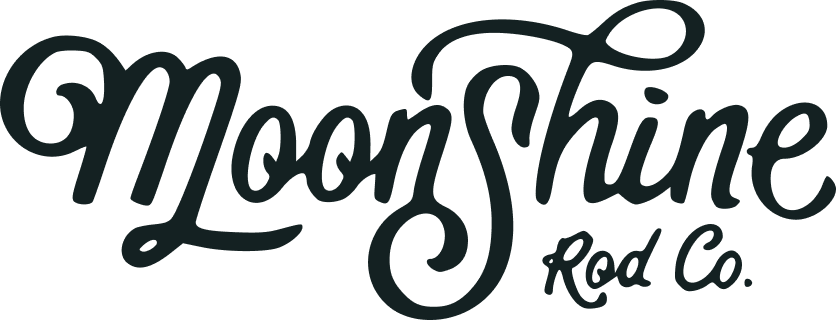
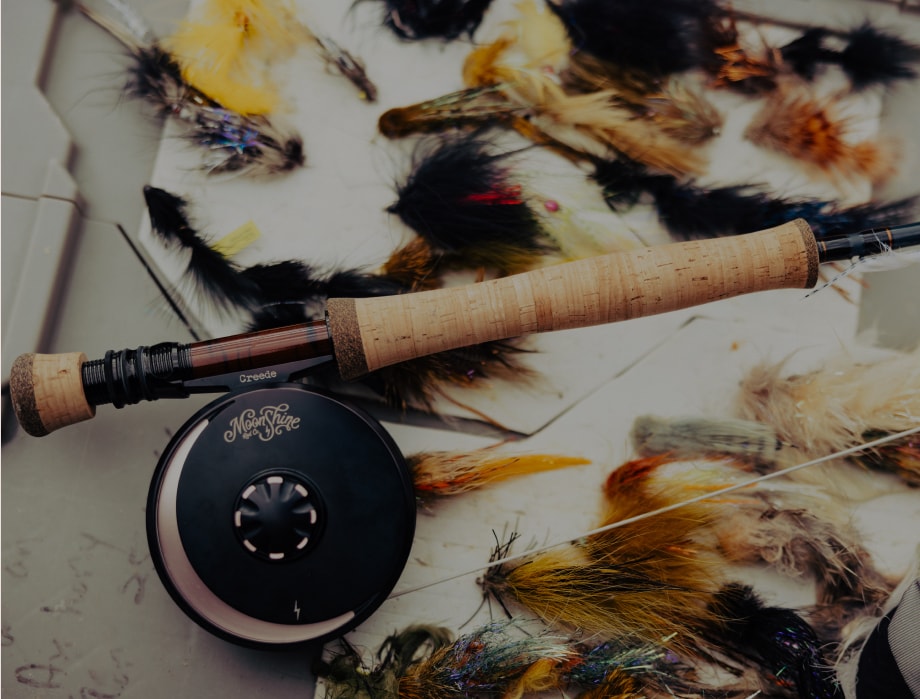
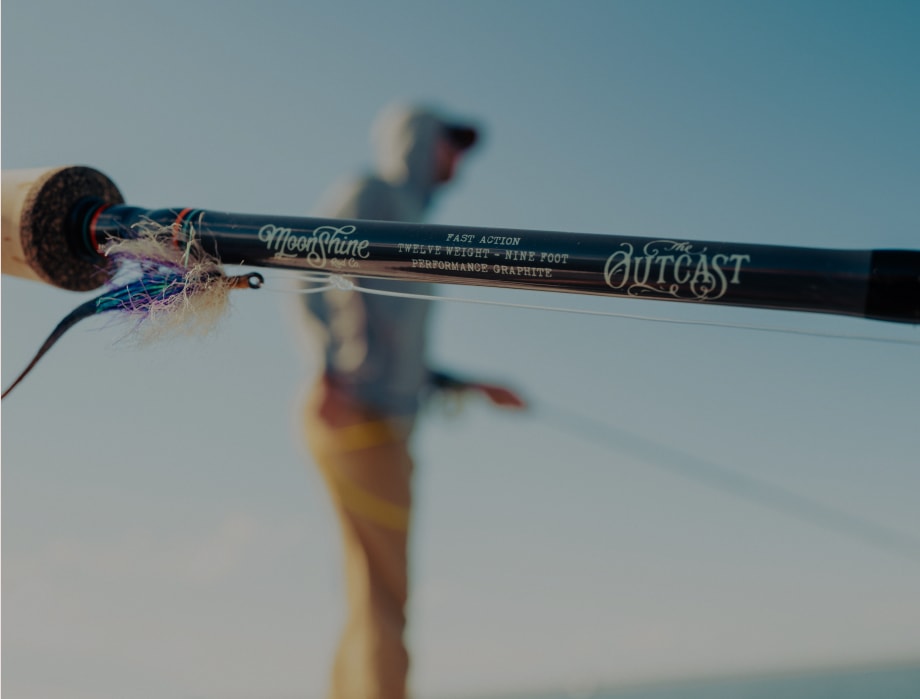
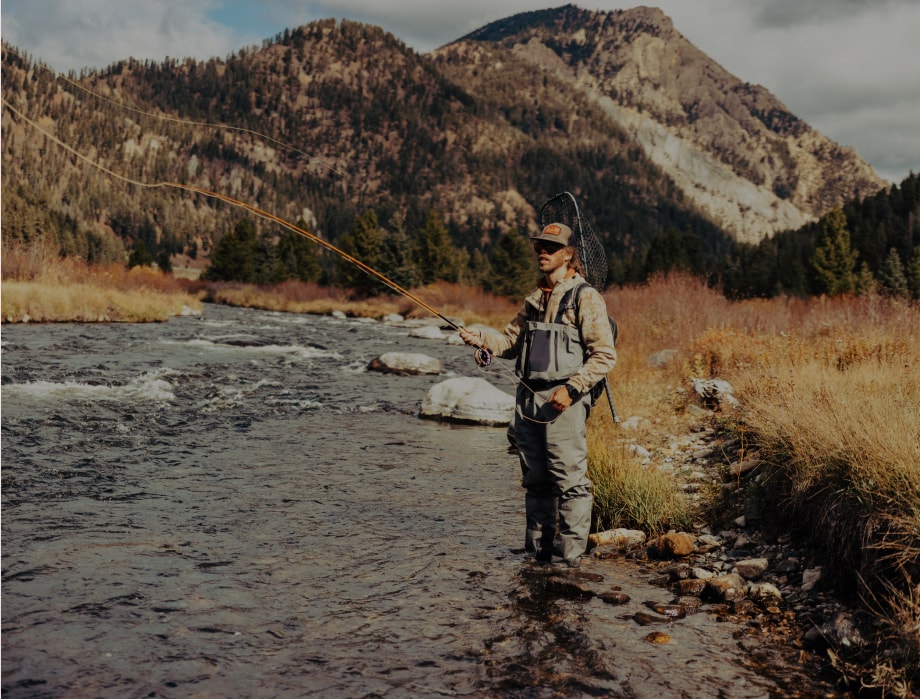
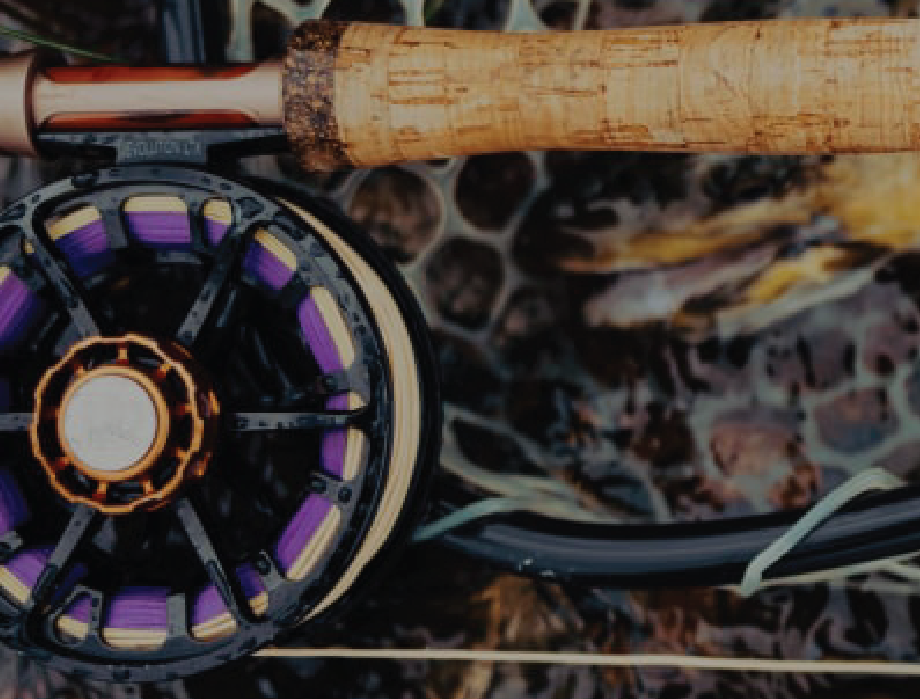
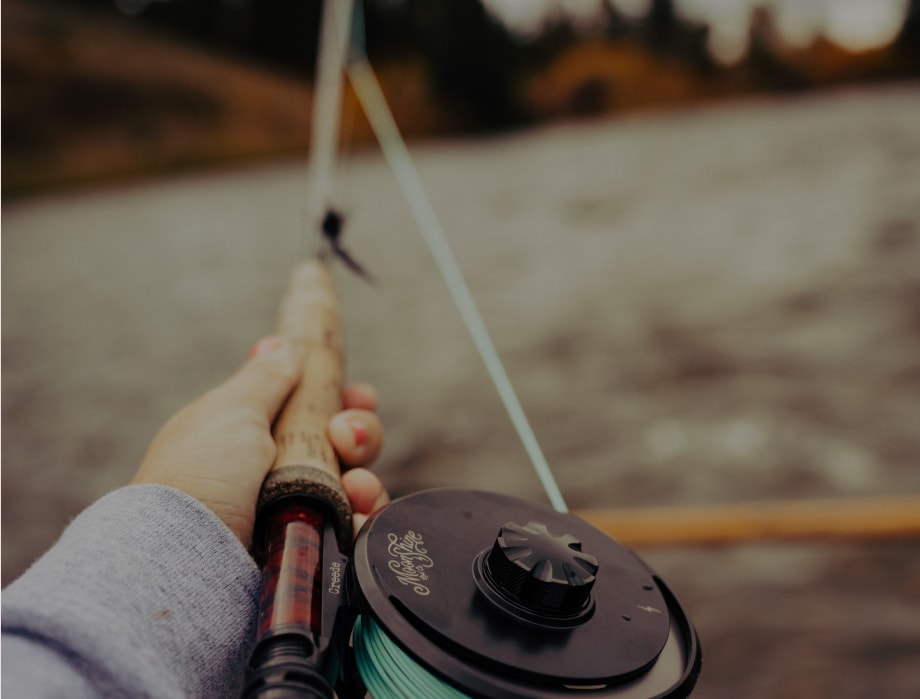
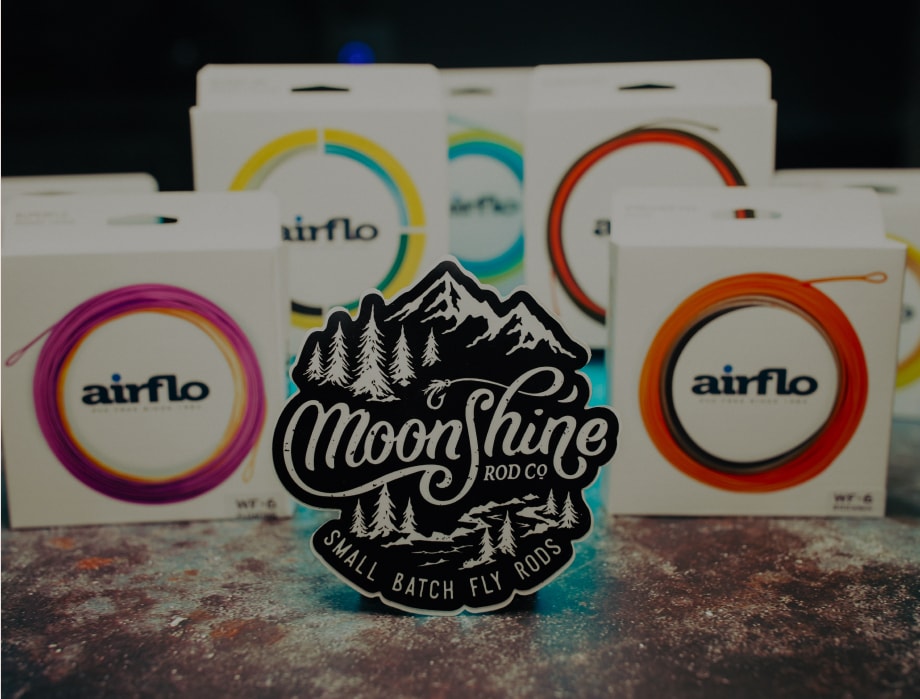
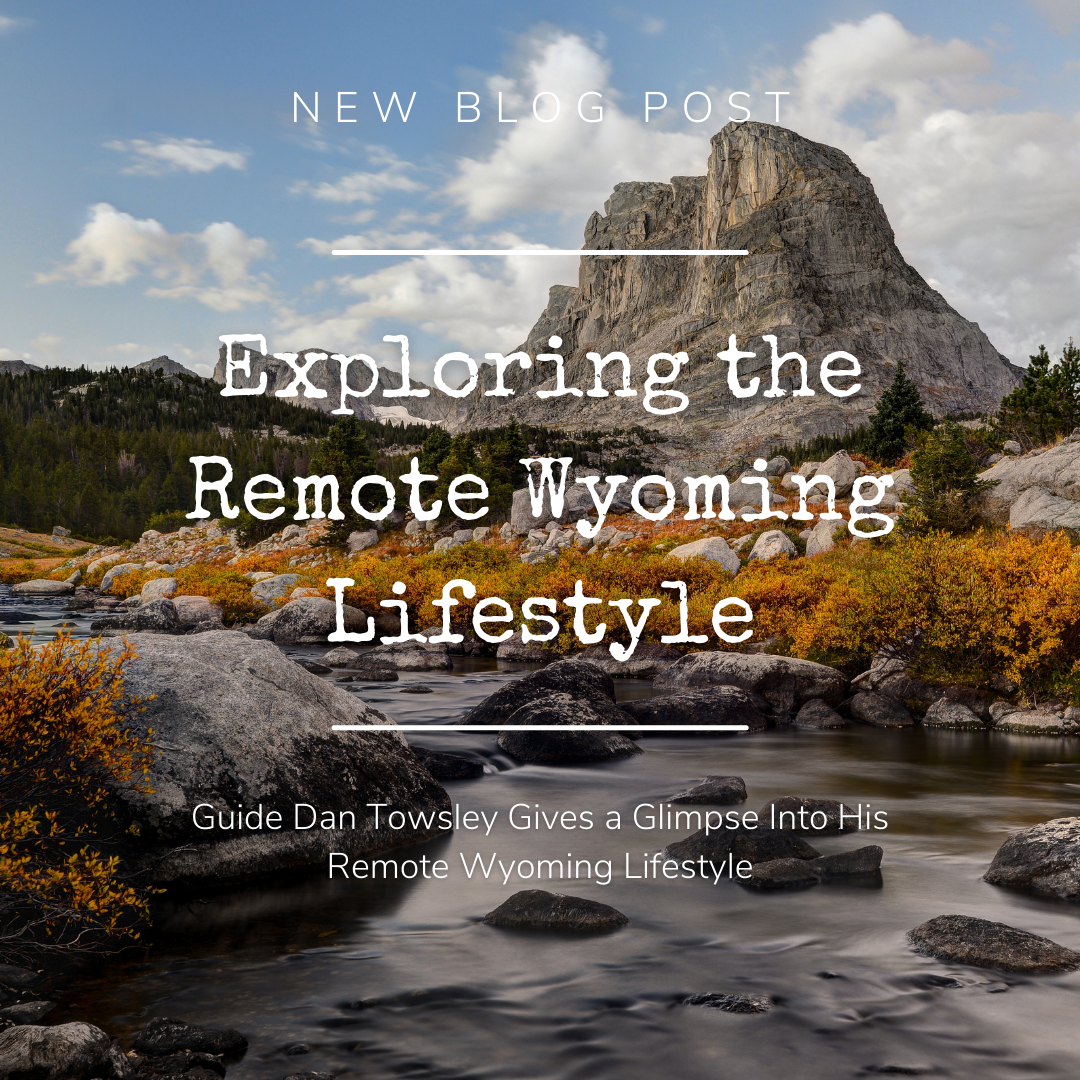
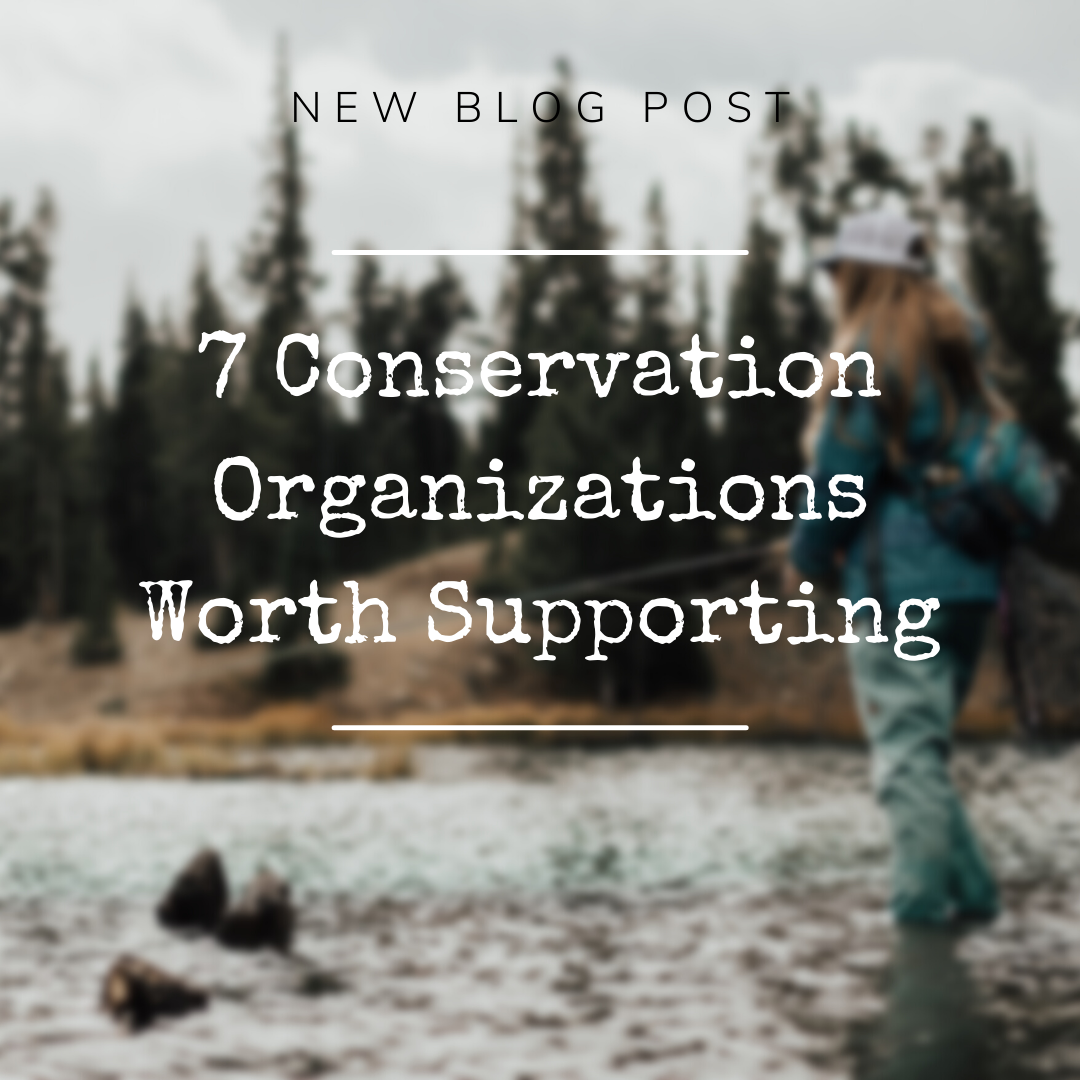
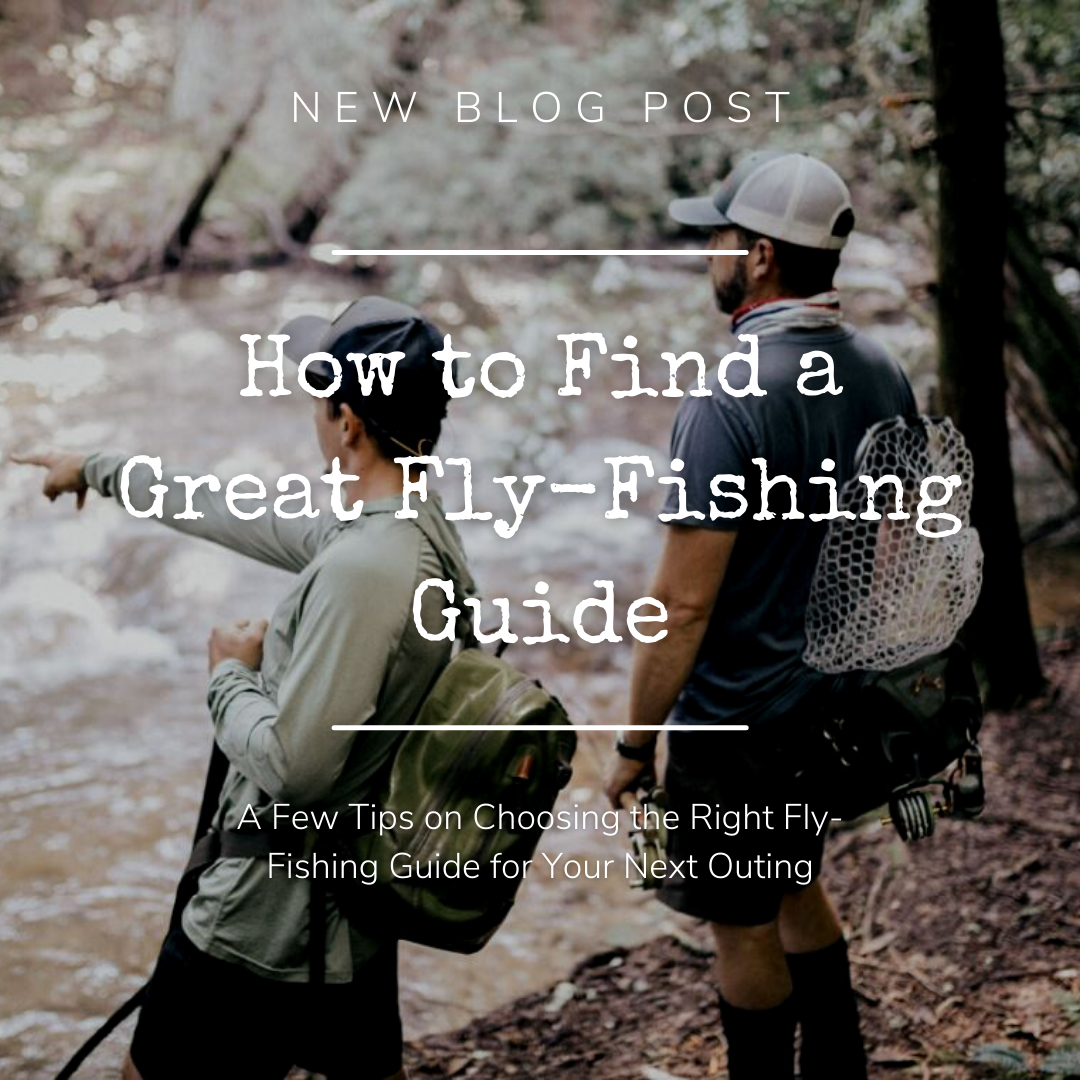
1 comment
Scott
Everyone knows Wyoming isn’t real anyway!!
Leave a comment
All comments are moderated before being published.
This site is protected by hCaptcha and the hCaptcha Privacy Policy and Terms of Service apply.